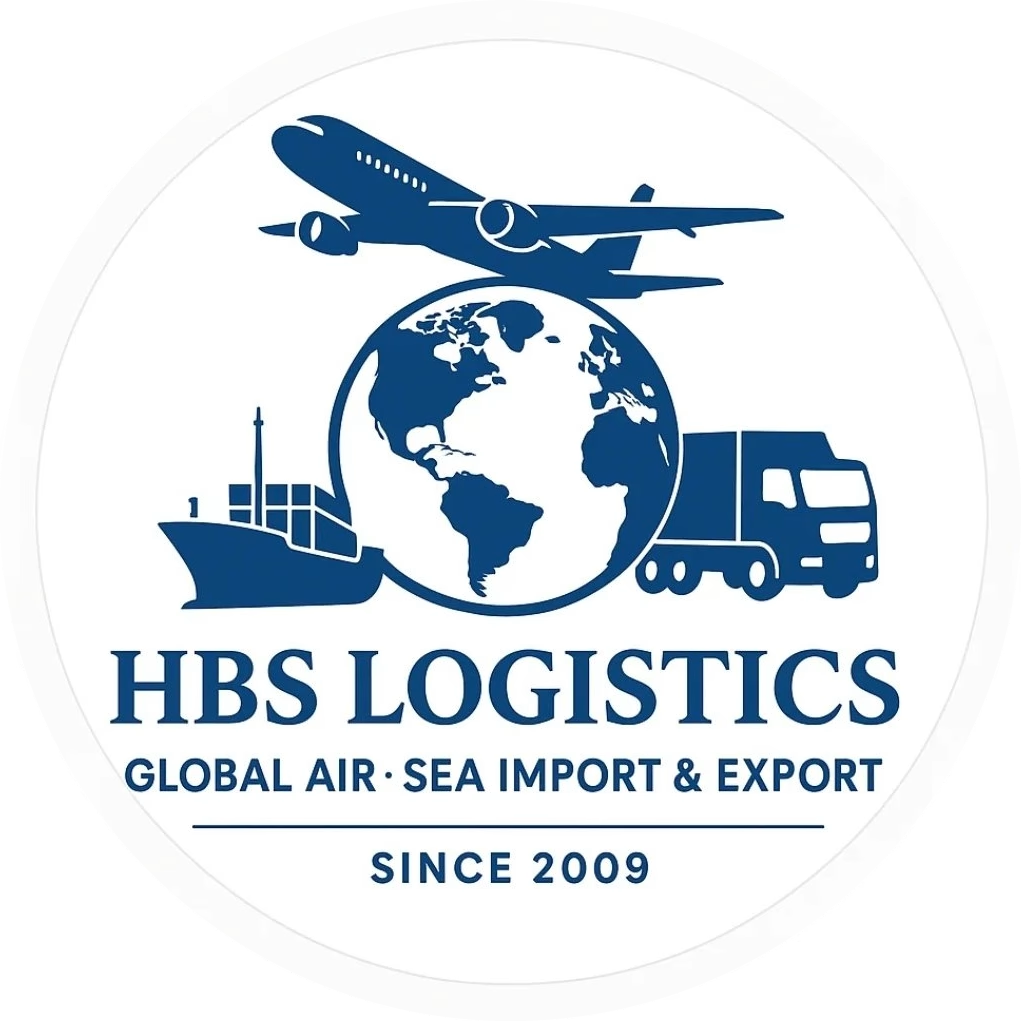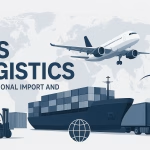In the world of logistics, every shipment carries risk. Goods travel across oceans, highways, and skies, often passing through multiple hands before reaching their final destination. From accidents to natural disasters, theft, or delays, disruptions can lead to significant financial losses. This is where insurance plays a critical role.Logistics and insurance are deeply connected because insurance provides a financial safety net that allows global trade and supply chains to function smoothly. Below, we explore the different types of insurance relevant to logistics and how they protect businesses.
Cargo Insurance
Cargo insurance is the most common type of coverage in logistics. It protects goods during transit against risks such as theft, damage, fire, or accidents. Whether the shipment moves by truck, ship, or airplane, cargo insurance ensures that both shippers and consignees are financially protected.Example: If a container of electronics gets damaged due to rough sea conditions, cargo insurance compensates the owner of the goods.
Freight Liability Insurance
While cargo insurance protects the owner of the goods, freight liability insurance protects carriers, freight forwarders, and logistics providers. If they are legally responsible for loss or damage, liability insurance covers their financial exposure.Example: If a trucking company’s driver is at fault in an accident and goods are destroyed, liability insurance helps cover claims.
Warehouse Insurance
Goods don’t only face risks during transport—they are also exposed while being stored. Warehouse insurance covers inventory inside logistics facilities against risks like fire, theft, flooding, or equipment failure.Example: If a warehouse catches fire and damages stored textiles, insurance ensures the owner does not bear the entire financial burden.




